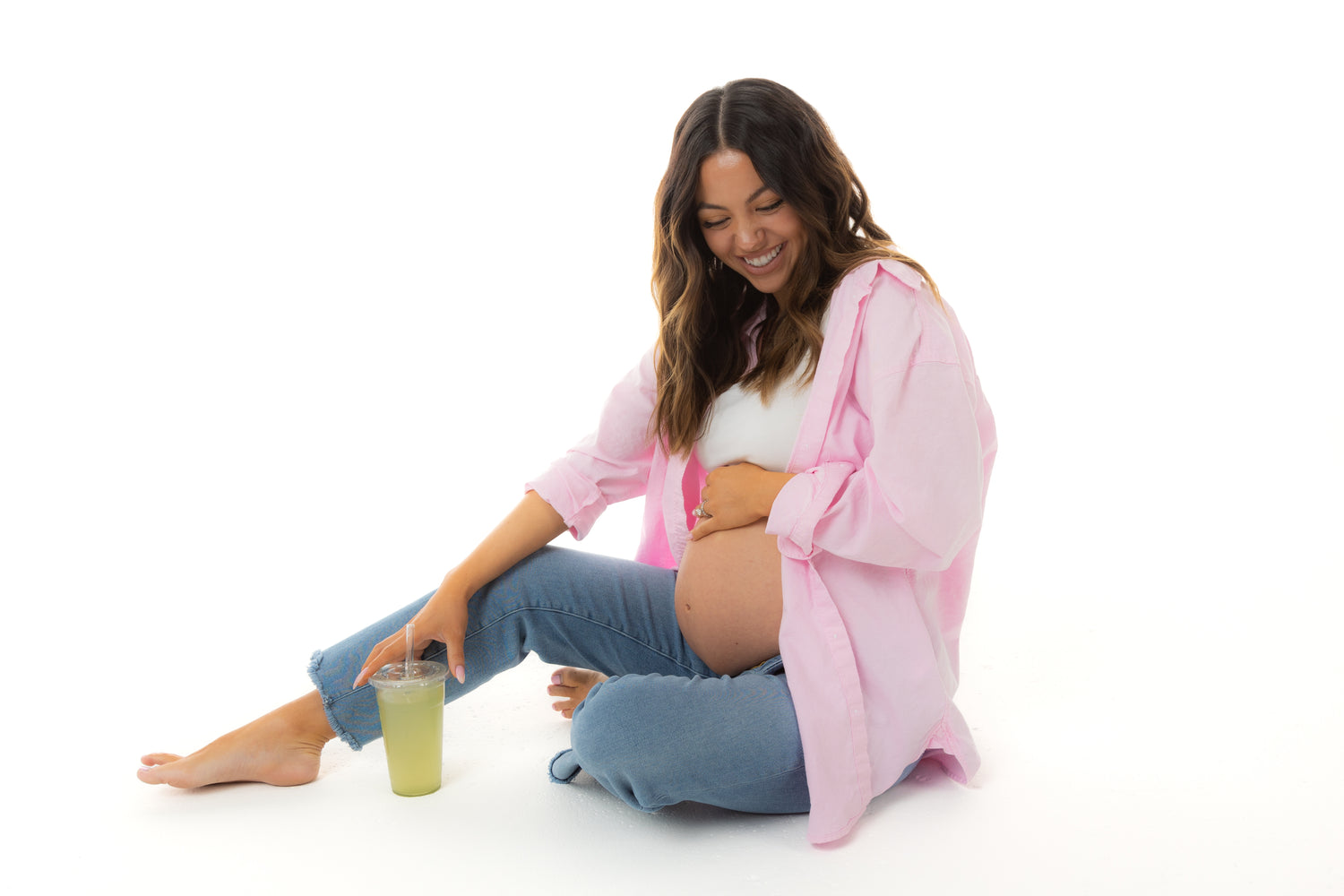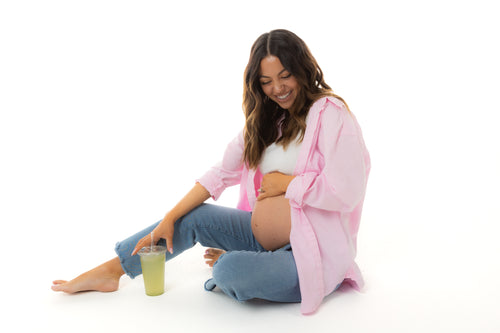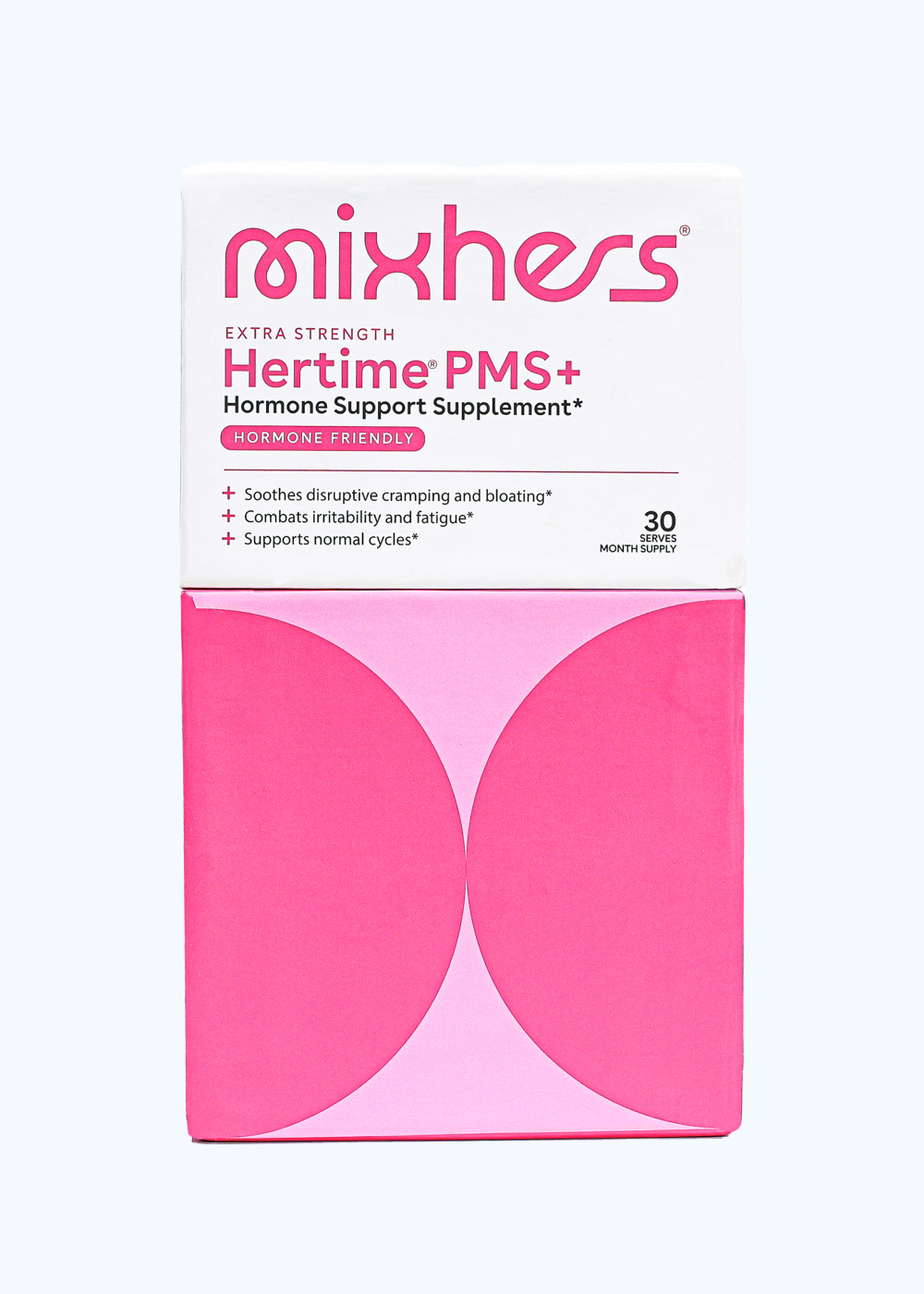You know I love talking about how food is medicine!
After birth, I want you to concentrate on eating a diet with high nutrient density, a lot, and frequently. This is not the time to crash diet or worry about baby weight. Eat well and the pounds will fall away naturally. Depriving yourself will only trigger hormonal imbalance.
Let’s give you a sample of how to eat during your 4th trimester and beyond, as you continue to breastfeed. You’re going to notice that lots of snacking and small meals throughout the day are excellent between nursing, napping, and recovering from labor and delivery.
Breakfast – Steel cut oats with black sesame seeds, coconut oil, flax, cinnamon, goji berries
Snack – 2 eggs scrambled in coconut oil with turmeric
Lunch – Salmon and quinoa with lentils and fermented sauerkraut
Snack – Avocado on black rice bread
Dinner – Bison/lamb/beef burger with green beans and sweet potato baked fries
Snack – 2 dates or dried figs with 3 squares dark chocolate
Snack – Macaroon or gluten-free lactation cookie
Snack – Bone broth with black rice bread and chicken liver pate
Lots of snacks, right?
Eating this way supports each of the areas of health that can be off-balance post-birth:
The protocol for the postpartum phase emphasizes these nourishment goals, because it's all about nourishing yourself!
Also consider increasing the use of warming, drying spices like cinnamon, cayenne, and nutmeg.
You may want to hold off on too many raw vegetables, cold smoothies, raw juices, and raw fruits for the first 40 days postpartum. Then only slowly reincorporating them back in.
These tenets are sourced in Traditional Chinese Medicine which emphasizes the importance of restoring Yin energy post-birth. It’s also great for the baby’s own digestion as most newborns can’t actually tolerate even cooked veggies in a mother’s milk at first.
The book The First Forty Days is an excellent resource on postpartum nourishment to enhance your health and the health of your baby.
This nourishing food supports each element to provide a strong foundation. If you have this foundation laid down it is much easier to deal with sleep deprivation and stress. Your body will not respond as dramatically to your changing way of life.
The food provides the strength you need to take on this new challenge. It also supports you as you potentially prepare for another pregnancy.
I like to call this “active recovery” – instead of assuming your body will spring back or assuming that once you’re physically healed that the work is done, know that you have to be active in your post-birth recovery every single day. Don’t see it as an additional responsibility, see it as something you’re doing to excel at taking care of your child.












